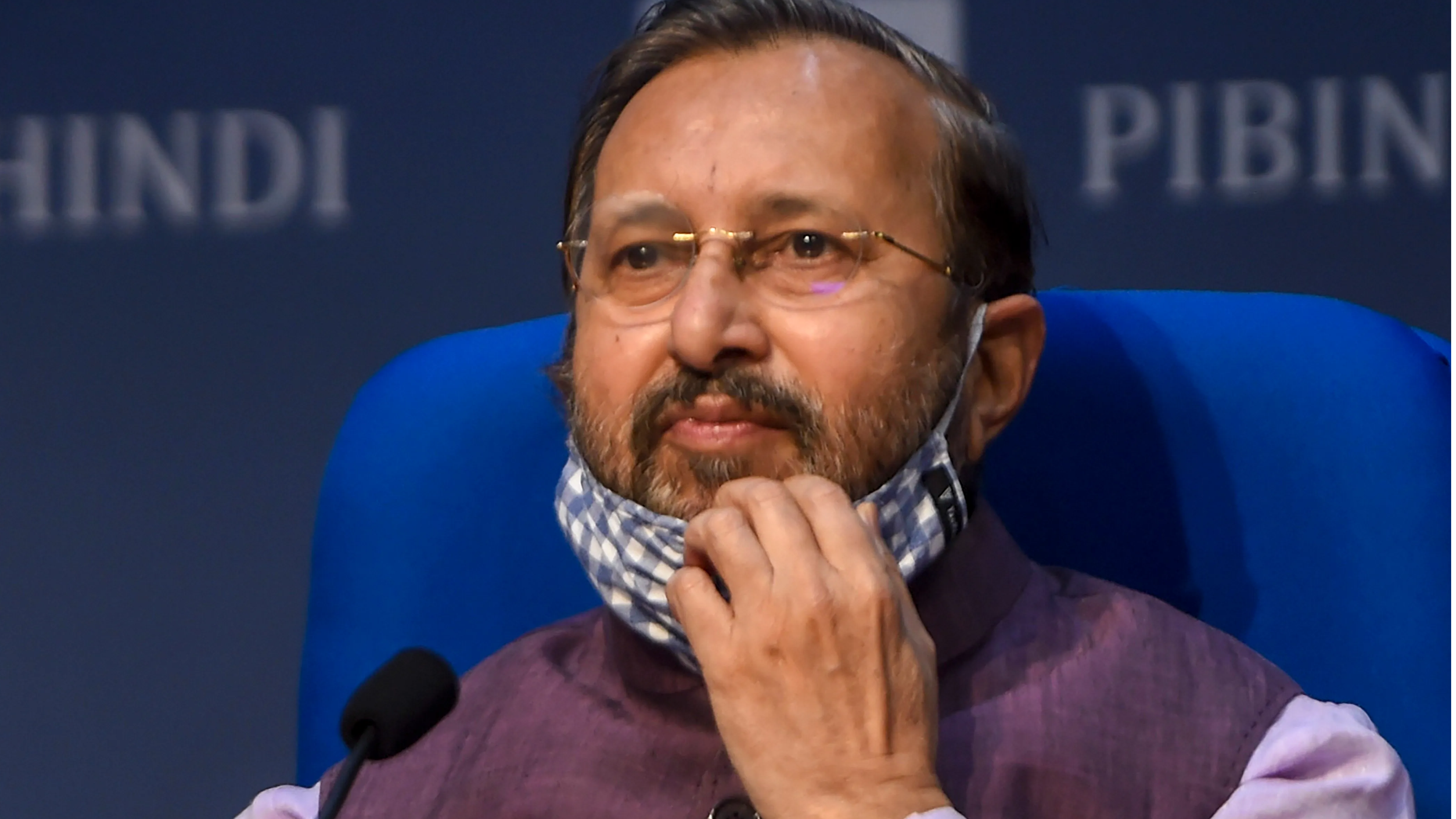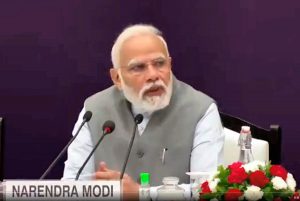In an announcement that will bring relief to lakhs of students in India, the Cabinet on Wednesday cleared a national education policy for the ’21st century’ that includes ‘low stakes’ for board exams. The policy also has a provision for multiple entry/exit levels and uniform laws for all universities and not as per ownership, union minister Prakash Javadekar announced.
“Board exams will be low stakes and will test actual knowledge instead of rote learning… report cards will be a comprehensive report on skills and capabilities instead of just marks and statements,” the government announced after the Cabinet meeting, reports ANI. This partially lowered the burden and pressure of exams on Class 12 students whose entry into colleges currently depends on the performance in the board exams.
There had been a long-standing demand for an end to the rat race of board exams, which many felt did not evaluate the skills of the students. The lowering of the board exam weightage may somewhat address this apprehension.
Calling it the education policy for the 21st century, Javadekar said, “Cabinet under Prime Minister Narendra Modi has given approval to a new education policy for the 21st century. It is important, as for 34 years there were no changes in the education policy,” reports ANI.
In another important provision, students need not stick to a three-year or four-year degree programme under the National Education Policy(NEP). They can now decide whether to complete the full-year programme for entry and exit.
Detailing the policy Secretary, higher education, Amit Khare added, “As on date, we have different norms for deemed universities, central universities, for different individual standalone institutions. New Education Policy says that for reasons of quality, norms will be same for all and not as per ownership.”
Other features include E-courses in regional languages, virtual labs and a National Educational Technology Forum (NETF).







